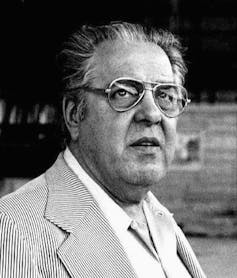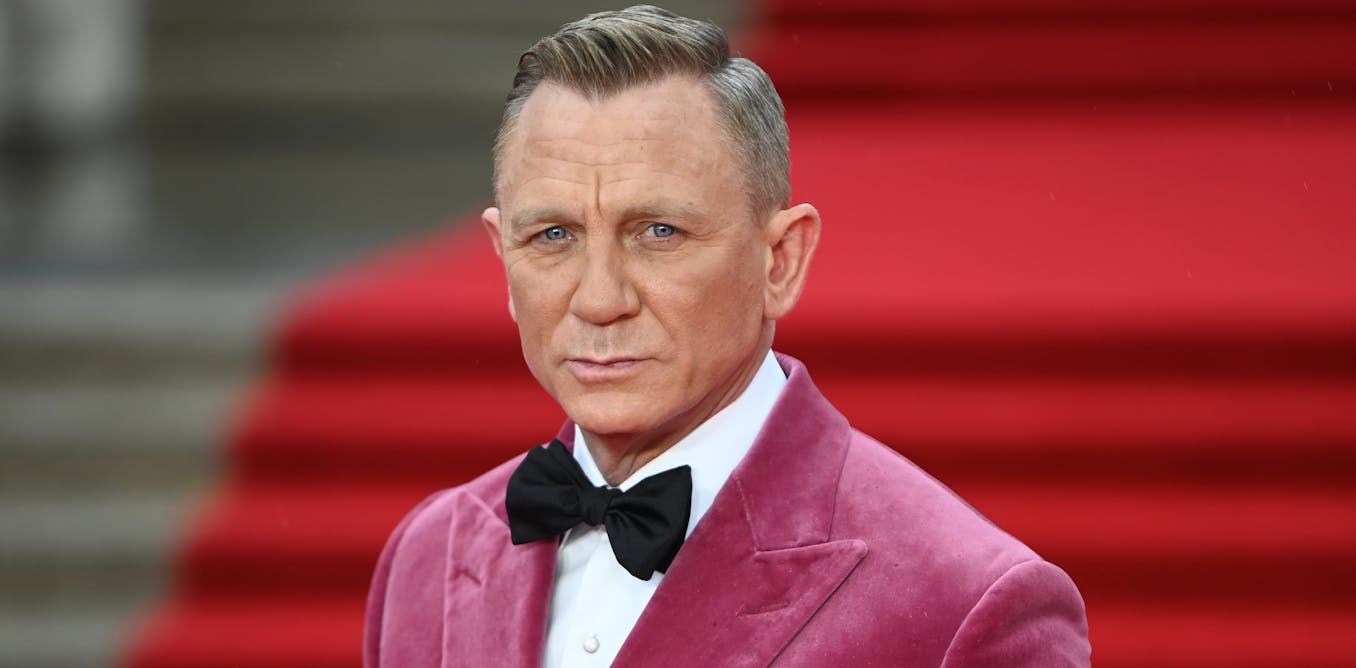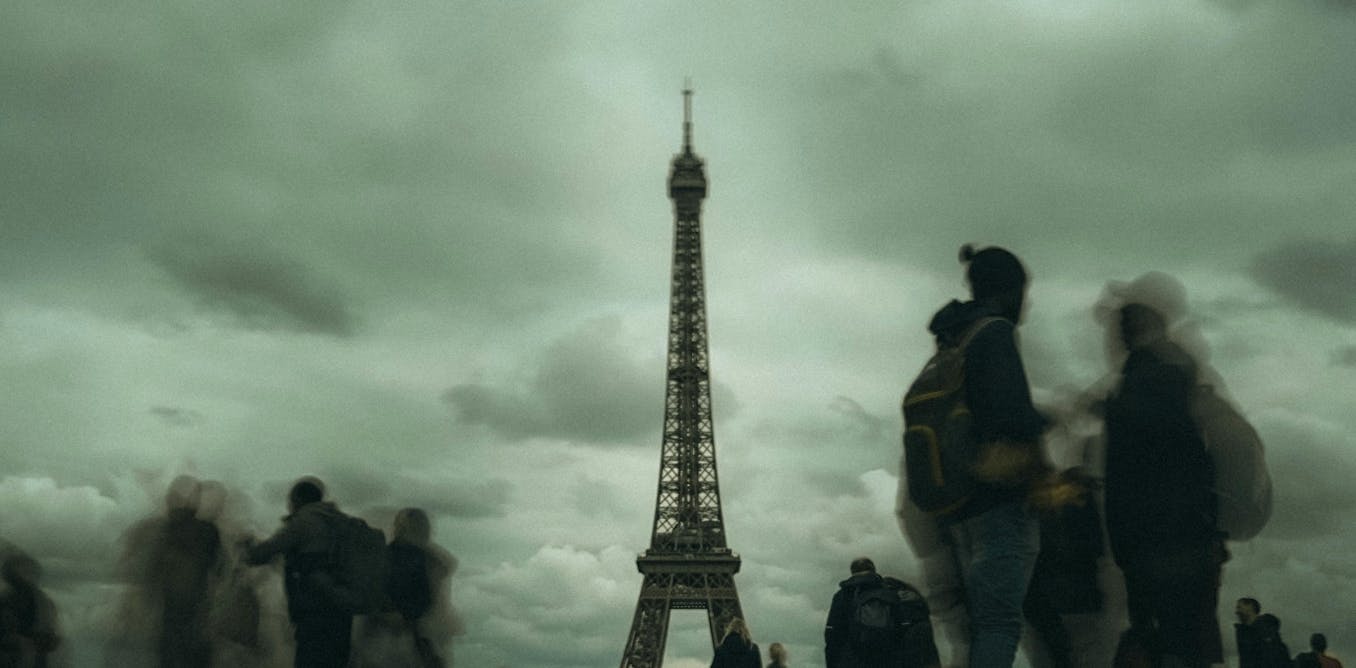The Broccoli family have controlled the James Bond franchise ever since the films were launched by Albert “Cubby” Broccoli in 1962. Now, his daughter and stepson, long-serving producers Barbara Broccoli and Michael G. Wilson, have announced that they have surrendered creative control to Amazon MGM Studios.
Within minutes of the announcement on February 20, critics, analysts and fans of the Bond films rushed to proclaim the end of the beloved franchise. “Quite possibly the worst thing to happen to this franchise”, “the end of an era” and “RIP James Bond” were just a few of the responses.
The fear is that, under Amazon’s leadership, Bond will go down the same route as other beloved media properties, such as Star Wars and Marvel.
Having found themselves under the control of global entertainment conglomerates, these franchises have been treated as intellectual property and content. Films and TV shows expanding the universe of the franchises were used to serve corporate aims and cross-support other business segments of their parent companies.
This is exactly what happened with Disney, after it acquired Lucasfilm and Marvel and assumed creative control of the Star Wars, Indiana Jones and the Marvel films.
Looking for something good? Cut through the noise with a carefully curated selection of the latest releases, live events and exhibitions, straight to your inbox every fortnight, on Fridays. Sign up here.
Disney embarked on a well-orchestrated campaign that expanded the narrative universe of its franchises through a host of new films, TV series, documentaries and other content. Such content also supported the launch of its streaming service, Disney+, introduced new lines of merchandise for its stores, and installed new attractions in its theme parks.
While, for a period, this strategy paid off handsomely for the conglomerate, the power of its brands started to become diluted. Complaints about the quality of some of its output and fan fatigue from an infinitely expanding narrative universe seem to have had a strong impact on Disney’s ability to extract maximum value from its properties. Not to mention the fans’ relationship with their once-favourite stories and characters.
Will Bond meet with a similar fate? A look at the franchise’s history as well as at Amazon’s recent business practices offers a glimpse into what the future may hold for 007.
Bond’s studio history
Eon Productions has controlled the franchise since Bond made his first successful, though not spectacular, appearance in theatres in 1962.
Originally established by Cubby Broccoli and Harry Saltzman as a company through which to produce the James Bond films, Eon was a subsidiary of Danjaq, a holding company through which the two men managed the film series’ business.

Wiki Commons
The film’s distributor, United Artists, eventually became Danjaq’s co-owner and therefore Eon’s production partner, even though creative decisions remained with Eon.
In the 1980s and early 1990s, MGM took United Artists’ place as Eon’s partner. But after a barrage of corporate takeovers and litigation cases, production of the films in the early 1990s halted. They were only reignited in 1995 when Eon passed on to Broccoli’s children.
A new corporate takeover of MGM by a consortium of companies led by Sony in 2004 brought yet another partner on board for Eon. But it also led to the transformation of Bond from a film series to a full-fledged franchise.
Eon rebooted Bond with the origin film Casino Royale in 2006. Ever since, it has carefully managed the Bond universe through a series of films that proved major box office hits worldwide. And it has also cultivated a list of marketing partners, the majority of whom are luxury retail brands such as Tom Ford and Omega.
Read more:
The ideal James Bond is an actor on the cusp of superstardom – as film history shows
At the same time, Sony was able to use product placement in the Bond films as advertisements for its consumer electronic products, as well as benefiting from releasing the films theatrically worldwide.
The arrangement with Sony was modified in the late 2000s as MGM reemerged as a self-owned production company with an ability to make its own deals. MGM and Eon continued their collaboration with Sony for Skyfall (2012) and Spectre (2015). But for the most recent James Bond outing, No Time to Die (2021), the Bond franchise owners decided on a split distribution deal that was not as successful.
Amazon enters the frame
It was at that time that Amazon took over MGM in a deal worth £6.48 billion (US$8.45 billion), making Amazon Studios Eon’s next production partner. But even with the one of the biggest conglomerates in the picture, Eon continued to have ironclad control of the franchise. This was secured through contracts negotiated following MGM’s successive takeovers.
Amazon’s takeover of MGM was part of a list of acquisitions motivated by the tech company’s efforts to support their streaming service, Prime. It meant it could add the approximately 4,000 films and TV programmes available in MGM’s library to their streaming catalogue, with the hopes of attracting new subscribers.
But Amazon is also in the business of producing original content through what is now known as Amazon MGM Studios. This is the reason for the rampant speculation on how it would manage the franchise, and whether there would be a blitz of new Bond-branded content à la Disney’s treatment of Star Wars.
Amazon has the resources to pour vast amounts of funding into productions that can support its other business segments. This means it has the means required to reboot Bond and spend lavishly on production and top talent. This could redefine the franchise for audiences in the streaming era.
Perhaps more intriguingly, Amazon could use Bond’s proven ability to market upscale and luxury products and services through its e-commerce division. This could drive even more (and even more lucrative) business to its online shopping site.
Indeed, I can see a scenario whereby a new James Bond film will be released on Black Friday, creating an unprecedented level among Amazon’s divisions and redefining “Bondmania” for a new, digital era.

The post “James Bond is now controlled by Amazon – the franchise’s history holds clues to the future of 007” by Yannis Tzioumakis, Professor of Film and Media Industries, University of Liverpool was published on 02/21/2025 by theconversation.com




































Leave a Reply